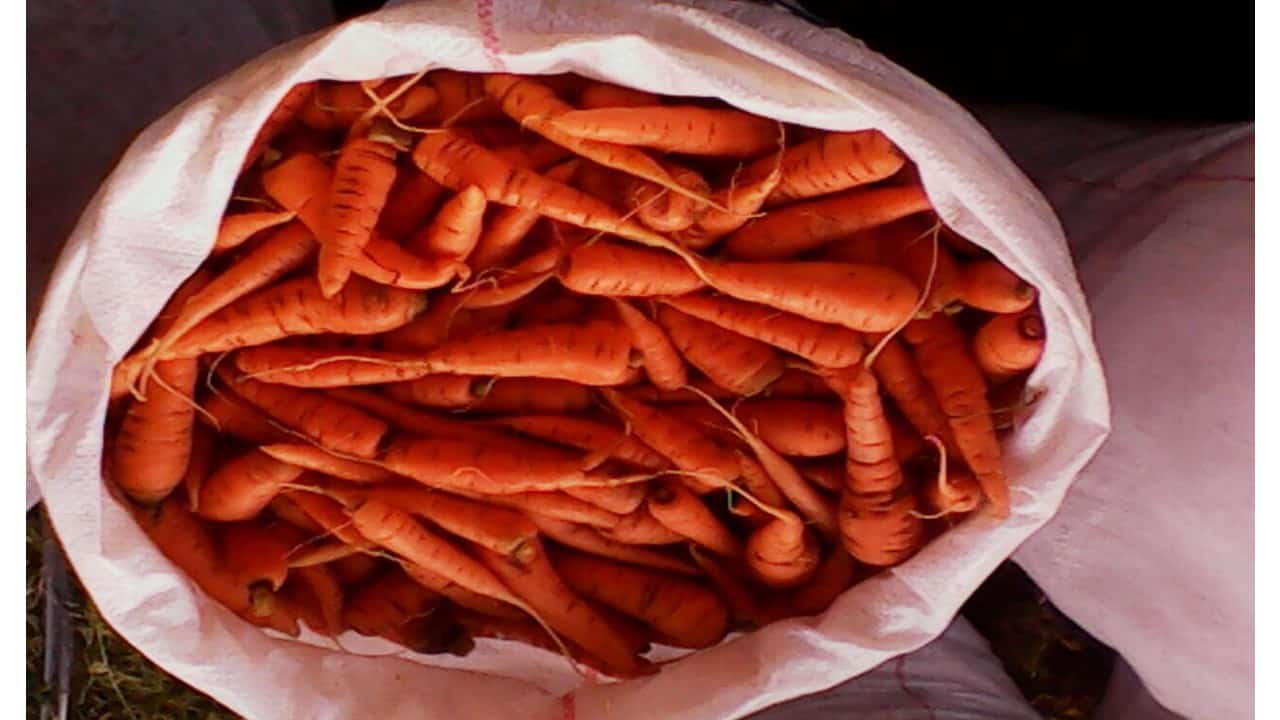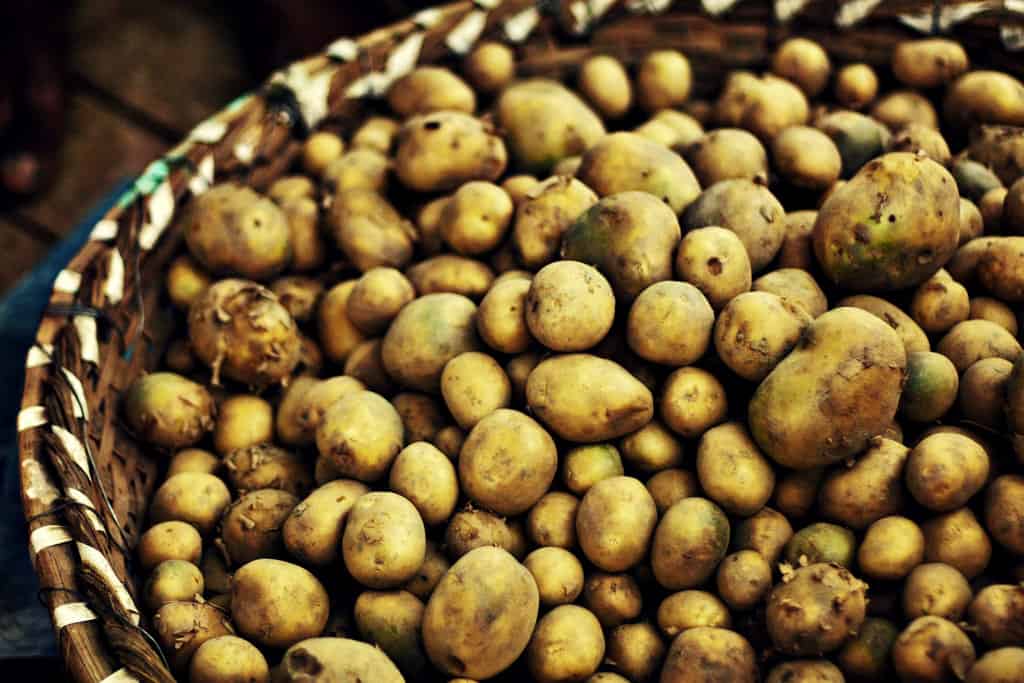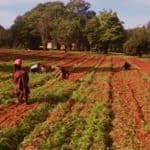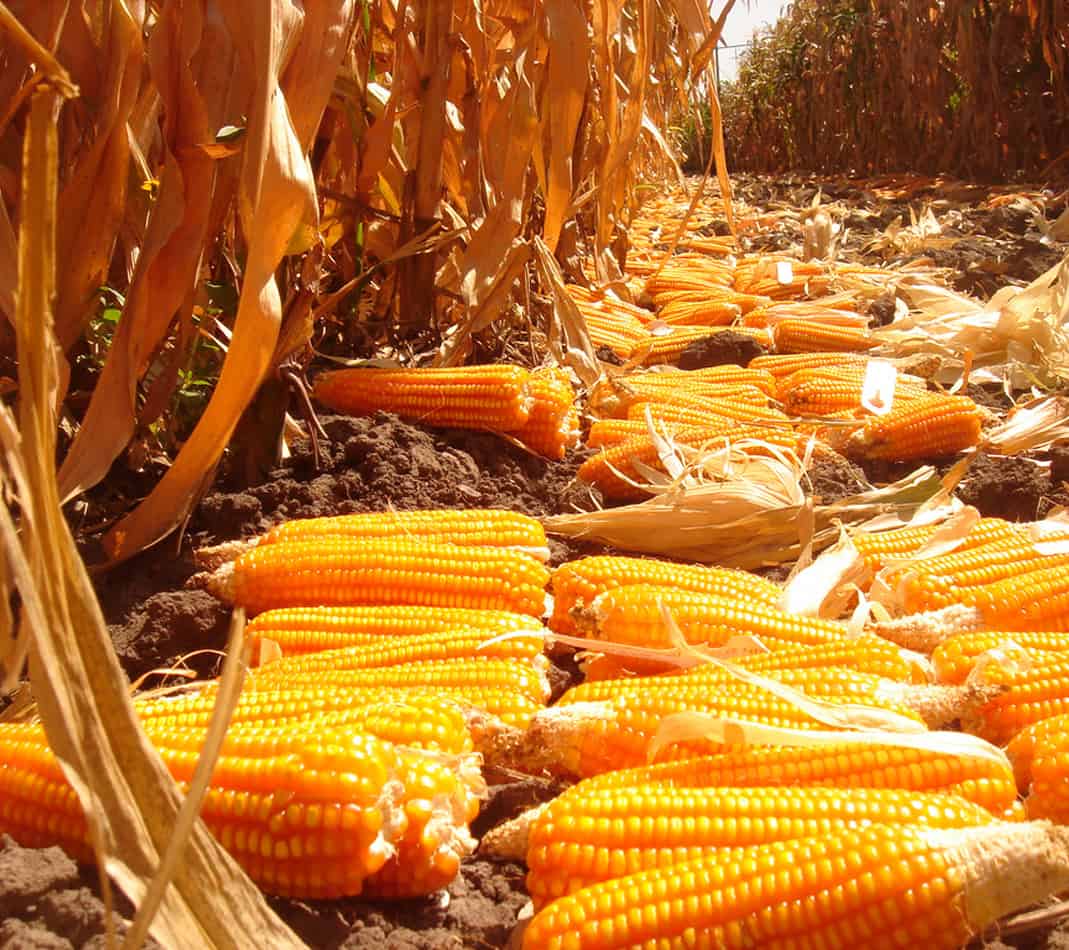ZFP Clean Water Initiative
Clean Water Initiative
Gaining access to clean water is at the heart of programs designed to improve the lives of people living in regions of the world in which this is a challenge. Clean water initiatives are funded by private, public, and charitable organizations, because people can survive with little to no food, but will die without water. We implemented a water conservation program as part of our mission, and in adherence to ZFP’s commitment to foster sustainable agriculture.
With the repair of the wind-pump, and the rehabilitation of the borehole, farm employees and residents now have consistent access to potable water free of contaminates which transmits diseases such as diarrhea, cholera, dysentery, etc. The success of our clean water initiative has enabled us to conserve the water resources, thus reducing the stress on the borehole, as well as realizing greater efficiencies in terms of human productivity, and crop yield.





